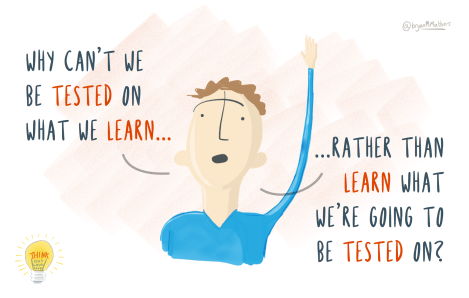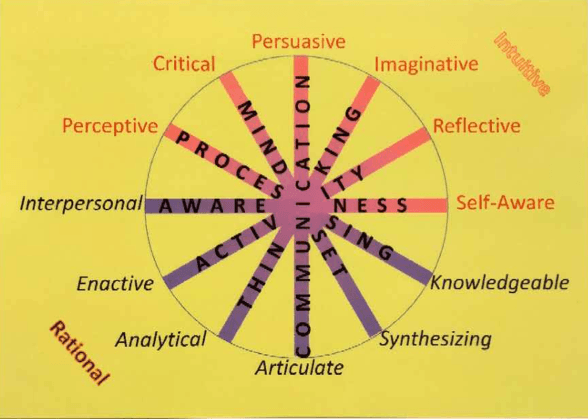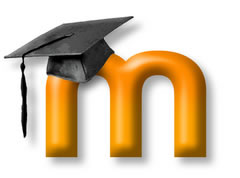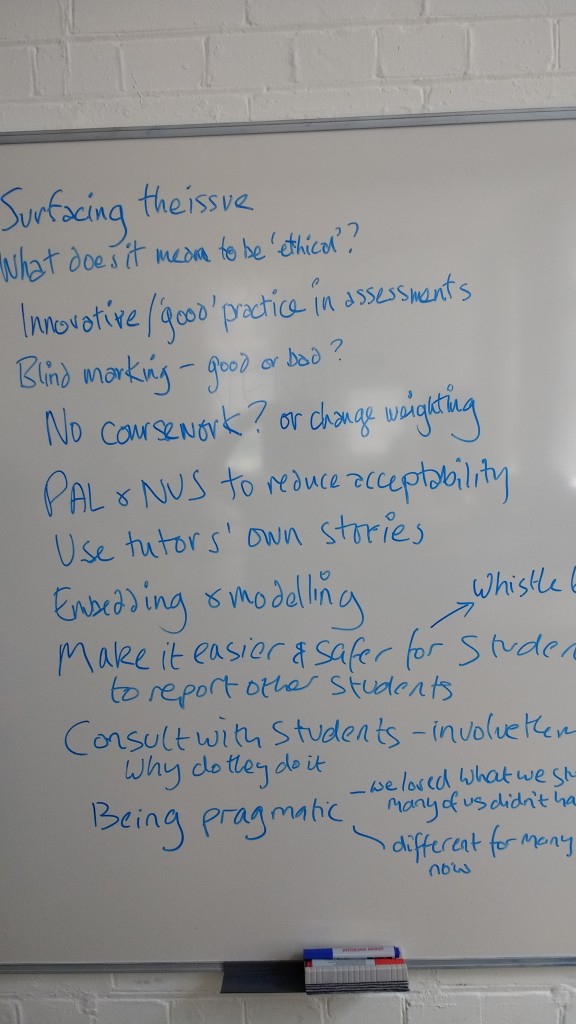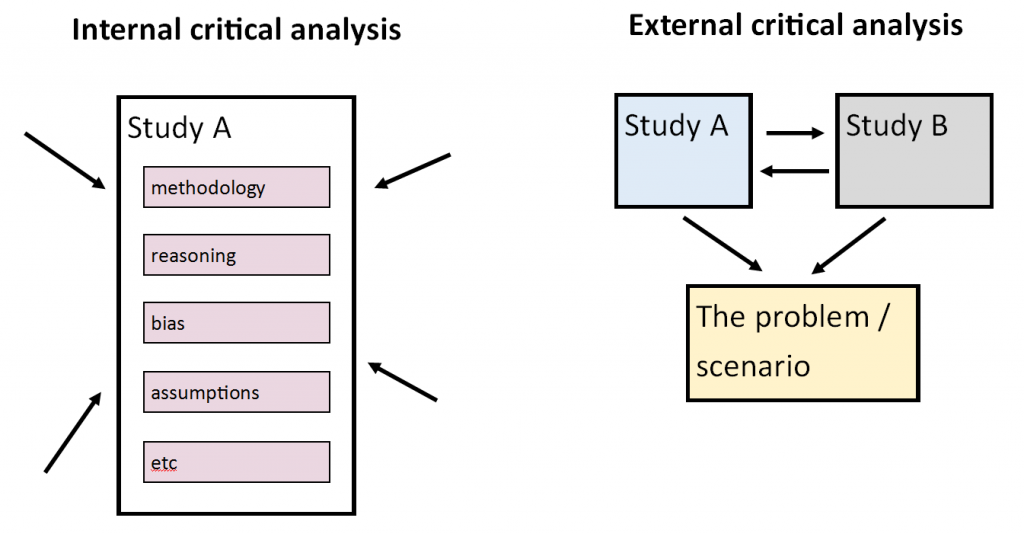In June, the School of Arts and Social Sciences held its first Learning and Teaching Awards. Our own Connie Tse and Dina Fainberg, lecturer in Modern History, presented the Digital Vault project, a student-produced database of historical documents, for which they won the runner-up prize. What is the Digital History Vault? The Digital Vault is…Continue Reading Students as Producers: the Digital History Vault
Students as Producers: the Digital History Vault


